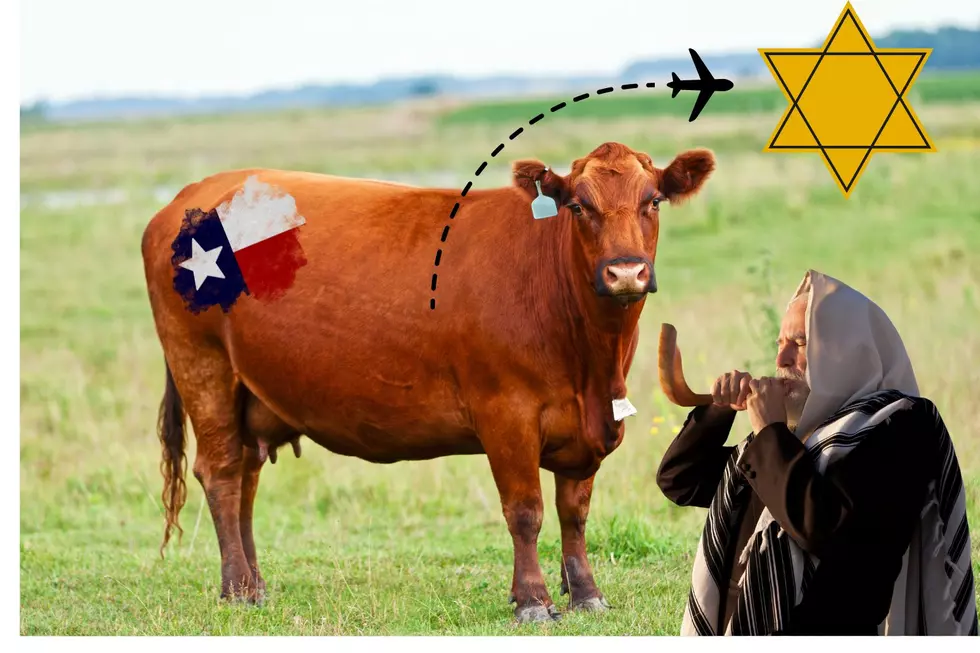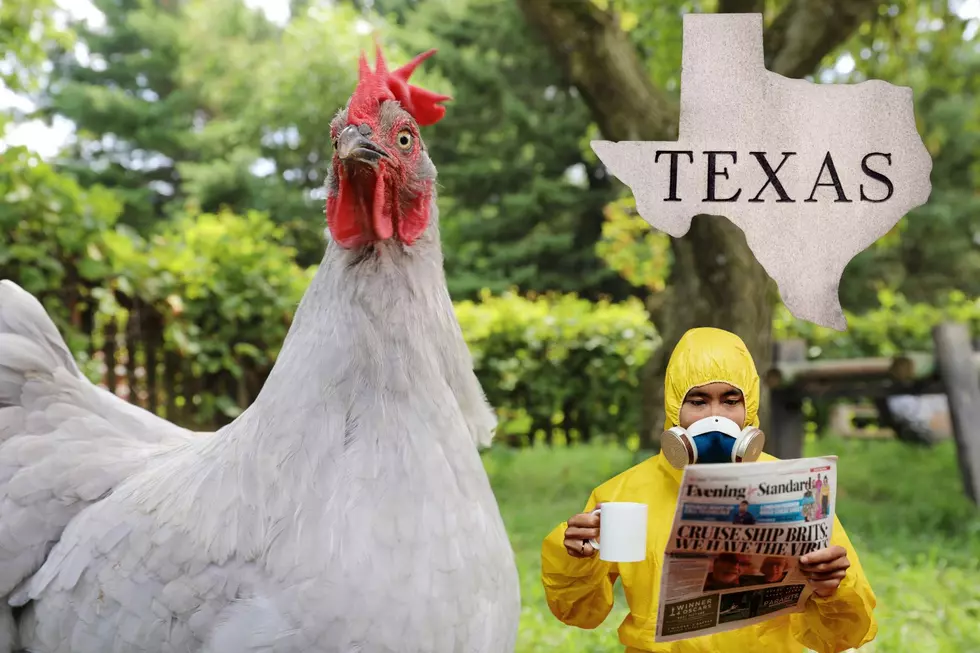
Texas Solar Eclipse: Unraveling Animal Behavior Mysteries With Fort Worth Zoo
Texas is ground zero for the upcoming event, so much so that some local governments have declared their cities as disaster areas before the event on April 8.
Millions of eclipse watchers worldwide will descend on Texas to experience the event. Among them, scientists and zoologists will study its effect on animals. Yeah, the animals have reactions, too.
AP News reports Researchers will be standing by to observe how the skies dim on April 8 and disrupt animals’ routines at the Fort Worth Zoo in Texas. In 2017, they detected other strange animal behaviors at a South Carolina zoo in the path of total darkness.
Seven years ago, many bizarre behaviors were observed. Galapagos tortoises at the Riverbanks Zoo in Columbia, South Carolina, which do very little during most of the day, started getting busy breeding.
In April, scientists plan to study similar species in Texas to determine whether the behaviors they witnessed in South Carolina point to larger patterns. Nate Bickford, an Oregon Institute of Technology animal researcher, said that “solar eclipses mimic short, fast-moving storms” when skies darken and many animals take shelter.
After the 2017 eclipse, he analyzed data from tracking devices previously placed on wild species to study habitat use. He said flying bald eagles change speed and direction during an eclipse, and feral horses do the same, “probably taking cover, responding to the possibility of a storm out on the open plains.”
Even your pets, like dogs and cats, react to these events because they observe us humans and their internal clocks.
Top Ten Weirdest Named Texas Towns
Gallery Credit: Google Maps
How In the World Did Texas Score Low on This List
More From KIXS FM 108
![Drunk Texans Think They See a UFO in SA – It Was Not [VIDEO]](http://townsquare.media/site/154/files/2024/04/attachment-Capture.jpg?w=980&q=75)








